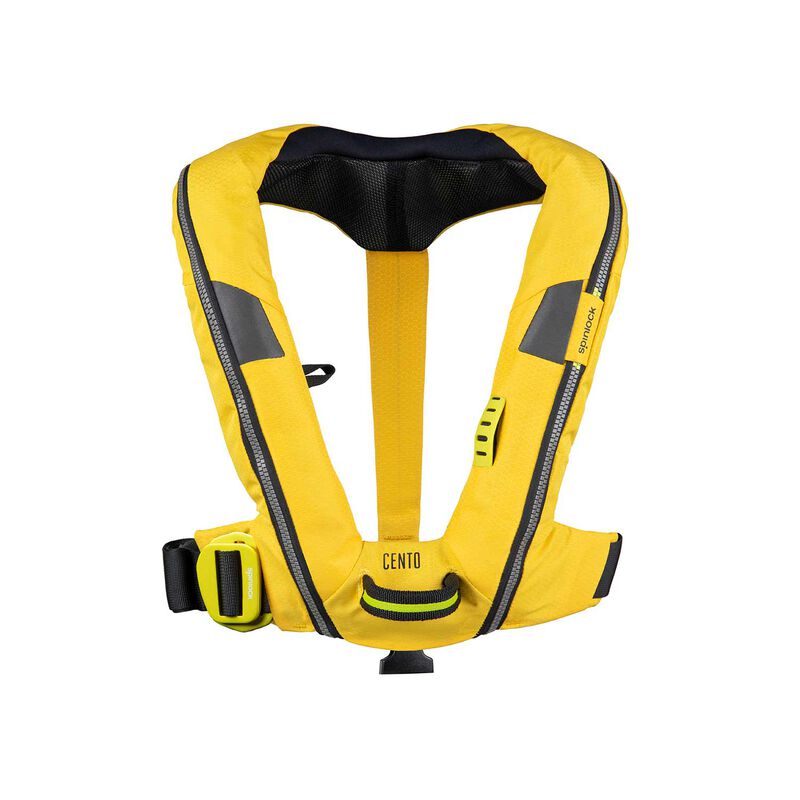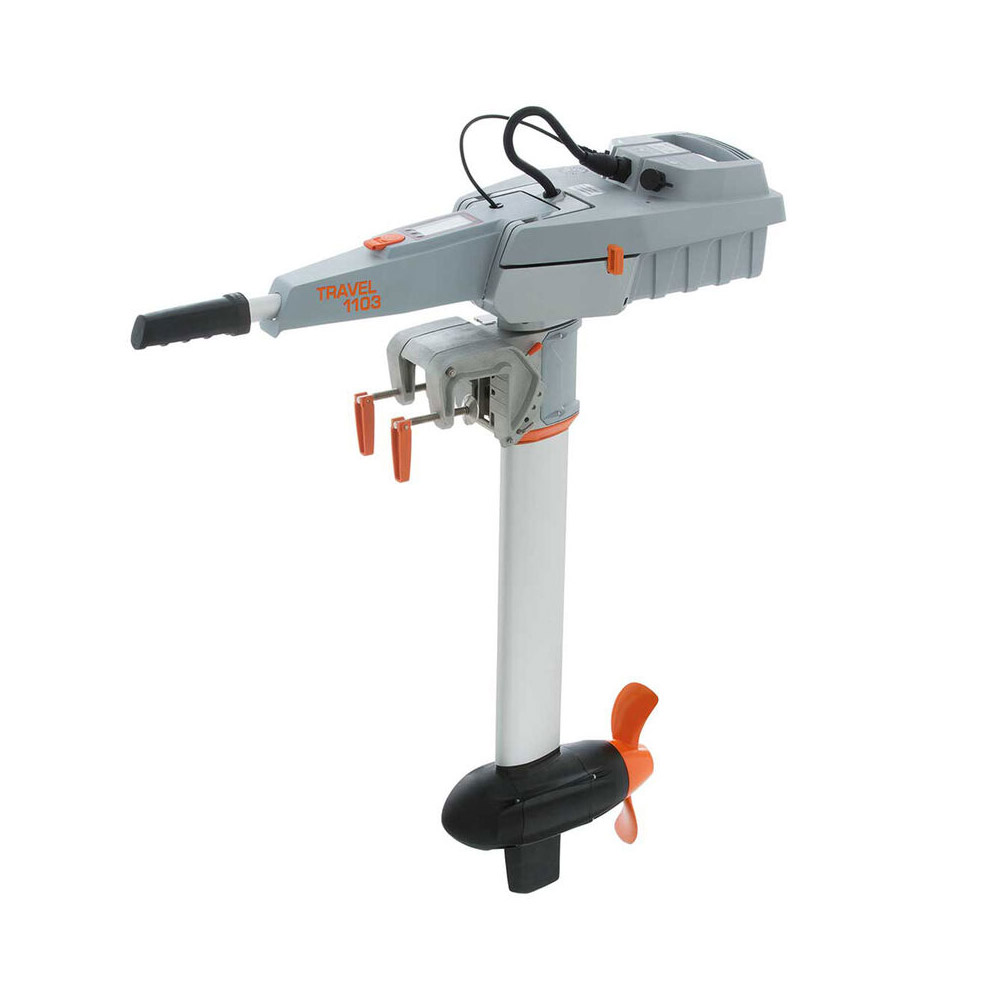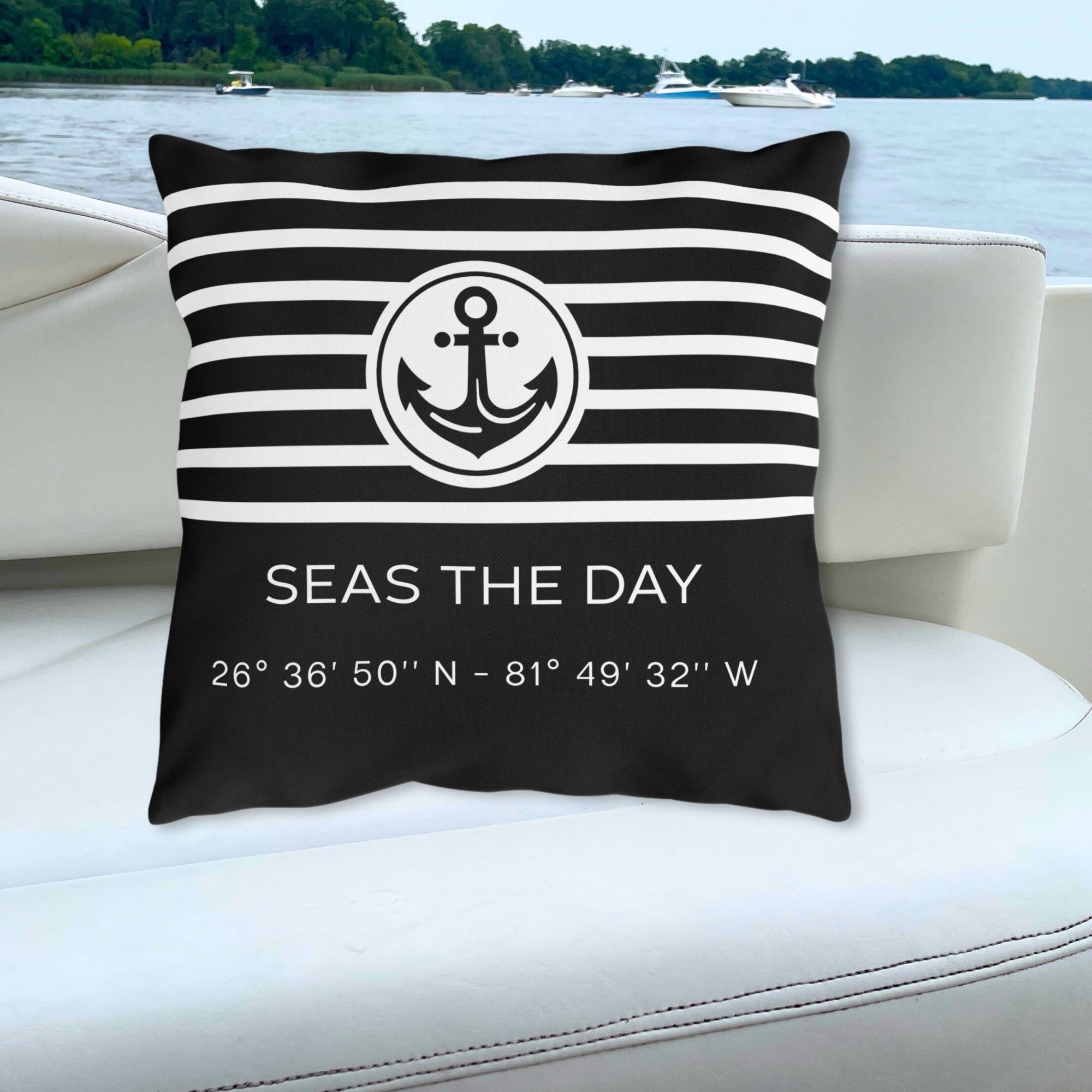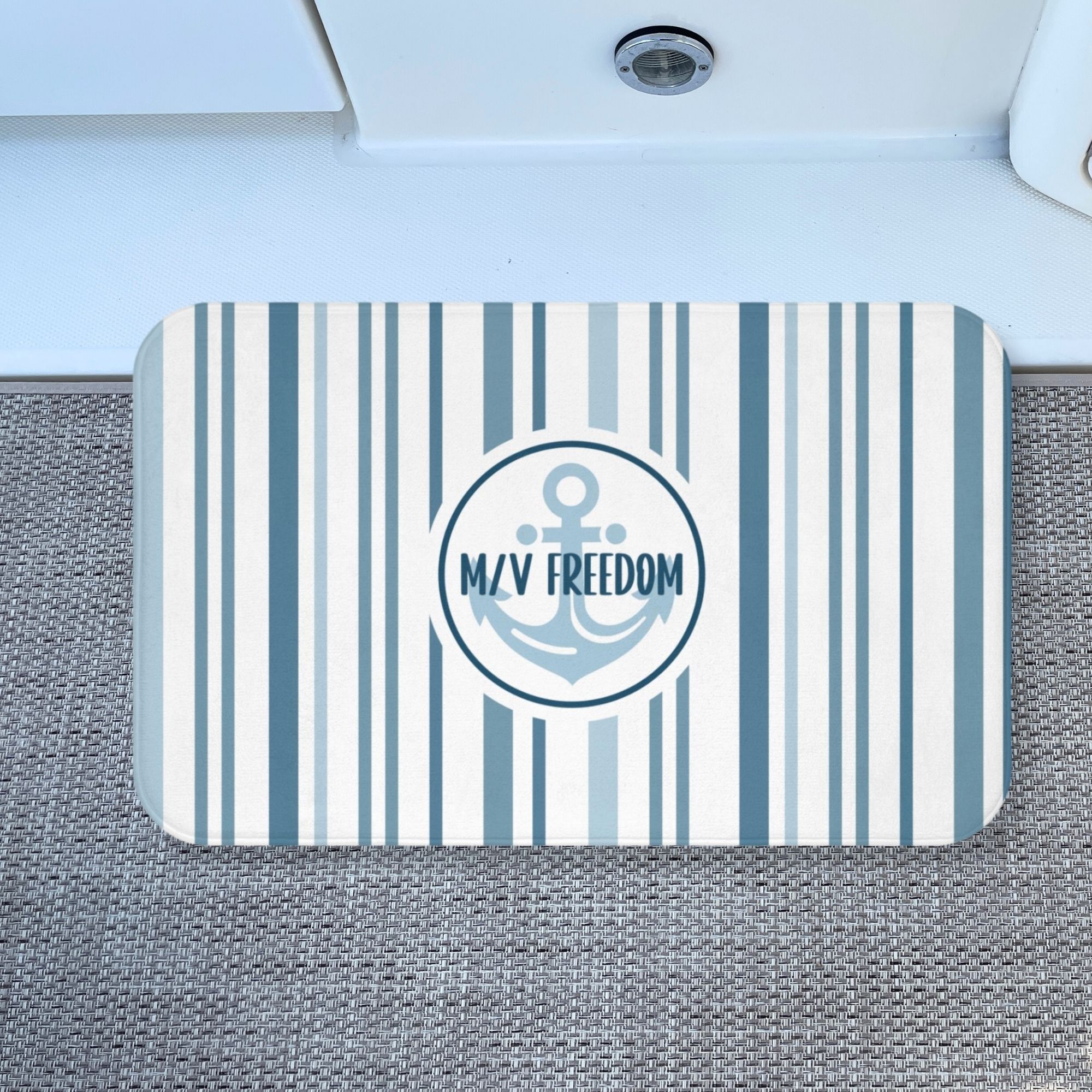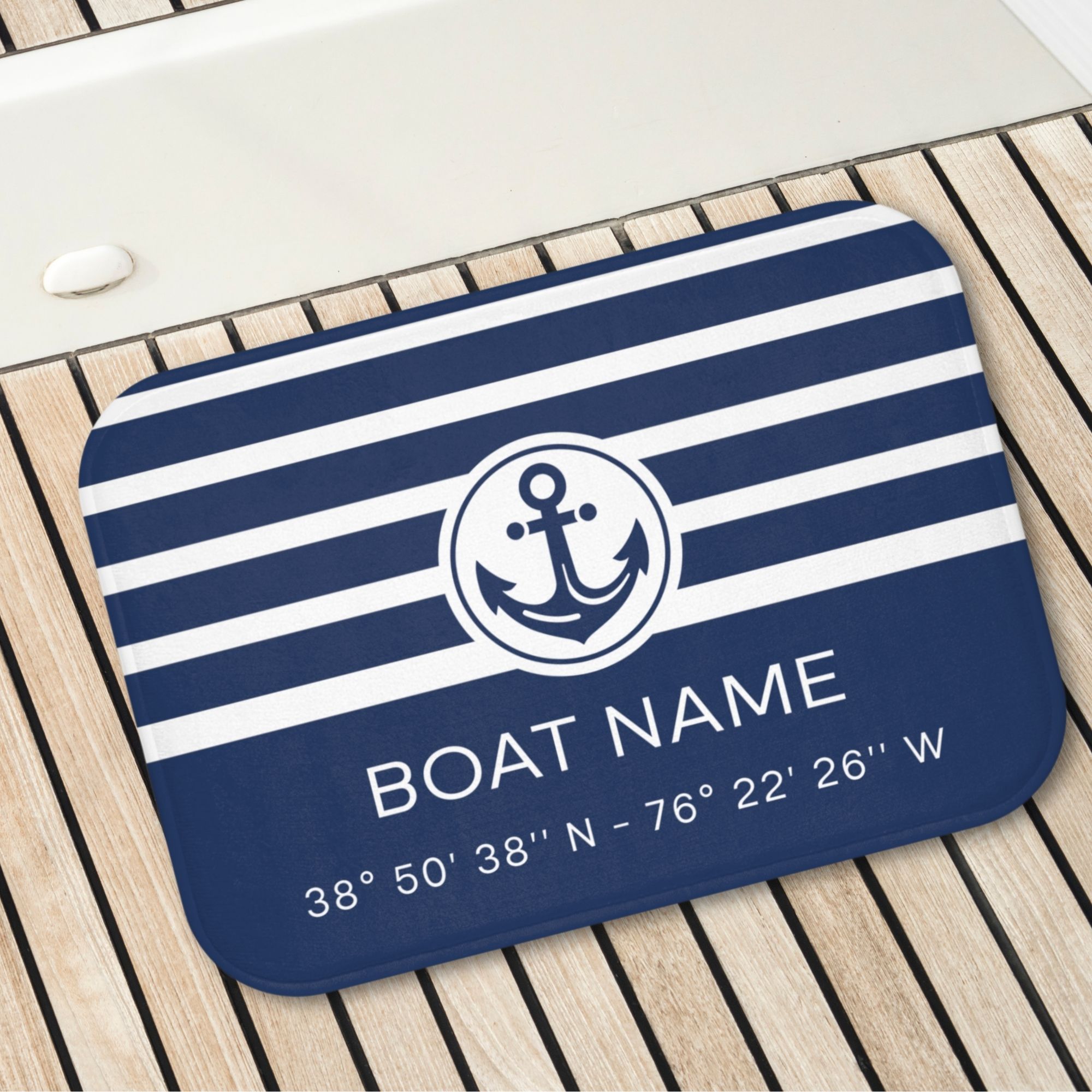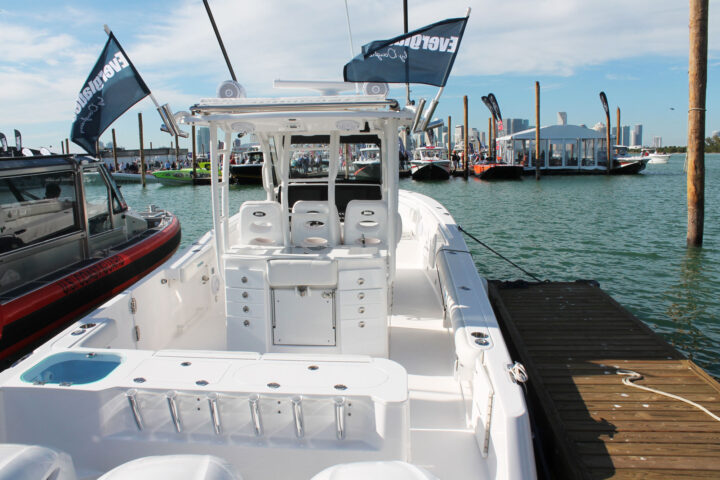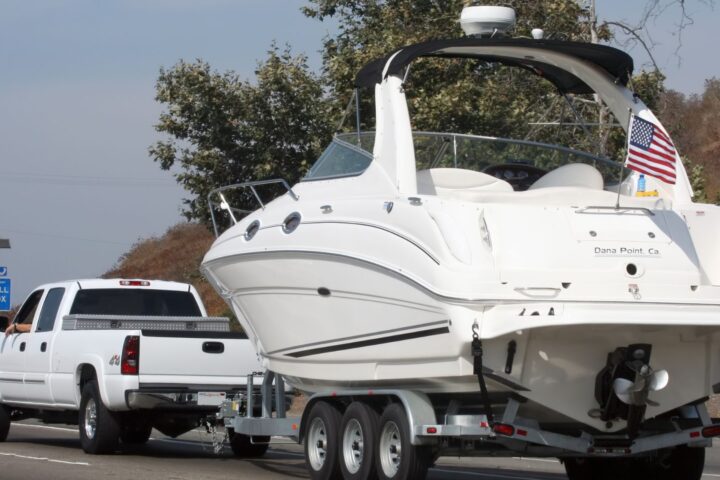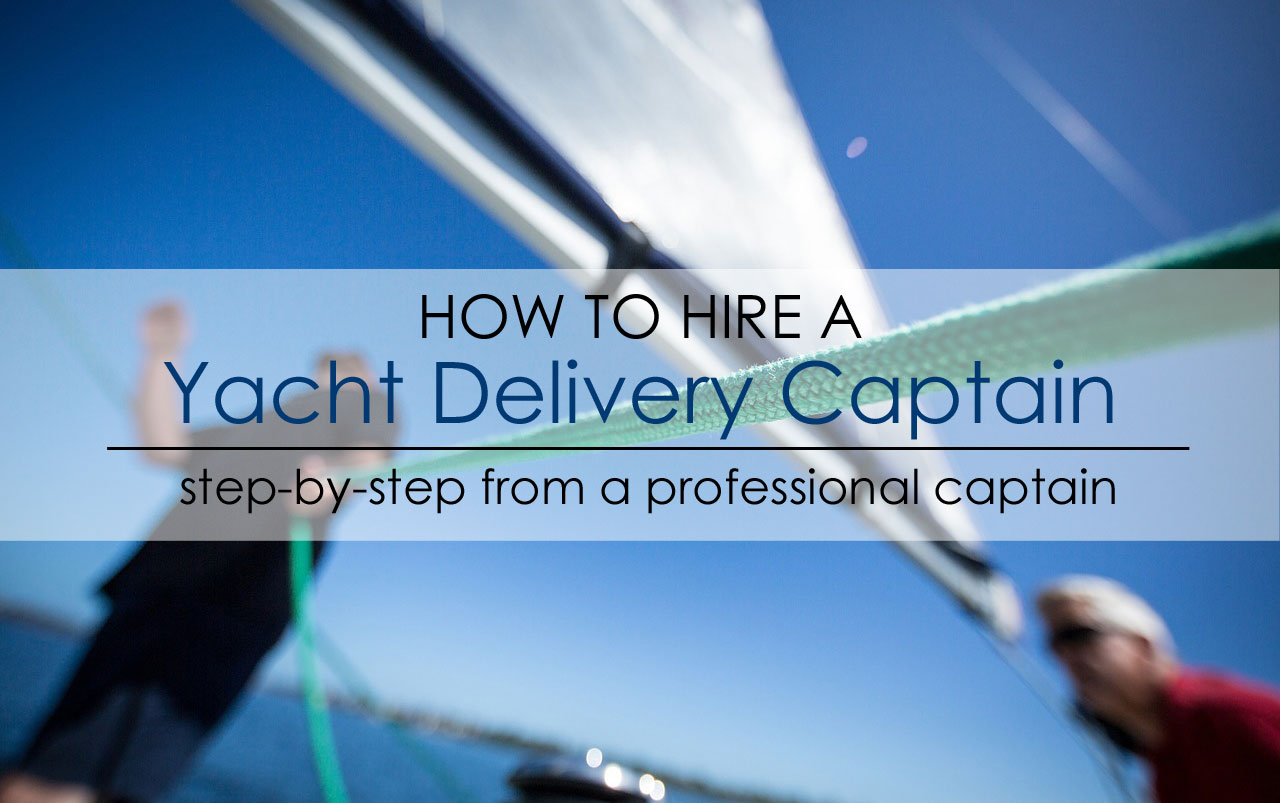
A professional captain’s point of view on everything you need to consider when hiring a delivery captain to relocate your yacht or boat
There are lots of reasons one may wish to have a boat relocated. Perhaps you have purchased your dream boat but it is lies several hundred miles away in a distant and unfamiliar marina. Maybe you have finally reached your golden years and you wish to have your pride and joy with you in your new retirement location. Or maybe you want to simply use your boat on vacation but don’t want to use your vacation time getting her to where you will be.
All of these scenarios require a vessel relocation, especially if your floating slice of heaven is too large to tow or too expensive to haul and truck overland. So what do you do?
You hire a delivery captain…and perhaps a crew.
I am all about research, planning, reviewing, and planning some more. As a boat owner, it is well worth your time to spend time preparing for your move. What follows are my suggestions to help your relocation go smoothly and as close to plan as possible.
Step-by-step, here are all of the things you need to consider for hiring a professional yacht captain.
If you’re looking to have your yacht shipped, A-1 Auto Transport, Inc. yacht shipping can offer a free estimate for shipping your boat or yacht.
Boat Insurance
Always check with your insurance company before you plan any kind of move. Your policy may have navigational (and calendar) limits on it. You can certainly arrange to extend those limits temporarily but be prepared to pay for the additional coverage. While you are having that conversation, you may wish to ask if the insurance company has any input on a preferred route for journey your boat will take. For example, you may pay more for an open ocean delivery versus working your way up or down the Intracoastal Waterway (ICW).
 If you are considering hiring a crew to move your boat, you should discuss what limitations or requirements your insurer may have on whom can or should pilot your vessel. Many, if not most or all, companies may require a licensed Captain to take responsibility for your vessel in transit even if you, the owner, are on board. Furthermore and depending on the routing, the scope and route of a captain’s license may be subject to consideration. I will address that in more detail later.
If you are considering hiring a crew to move your boat, you should discuss what limitations or requirements your insurer may have on whom can or should pilot your vessel. Many, if not most or all, companies may require a licensed Captain to take responsibility for your vessel in transit even if you, the owner, are on board. Furthermore and depending on the routing, the scope and route of a captain’s license may be subject to consideration. I will address that in more detail later.
Your captain and crew may well ask, so you should ask now, how to add them as named insureds to your current policy. Doing so offers the protection of your insurance to your hired crew. You have probably already done this for your home marina and/or charter management company. The most important benefit is providing a legal defense. Don’t worry about your policy covering bad decisions or bad sailors. Marine policies consider all factors in an accident and generally assign a portion of the fault to all the parties involved. Be sure to ask if there is an additional premium for adding the named insureds.
One last thing to address with your insurance provider is any Jones Act liabilities to which you might be exposed. The Jones Act, more formally known as the Merchant Marine Act of 1920, essentially provides for a level of workman’s compensation coverage for merchant mariners. In this case, you are the owner of the vessel who would be hiring crew and you may have some obligations under this statute. One simple to understand rule is that the owner is expected to return the crew to wherever they need to be at the conclusion of the trip. Furthermore, a crewperson is allowed to terminate their involvement in a voyage at any time, and what the owner/manager/master is required to do in the most expedient way possible (i.e., putting in at the next port, travel arrangements home, etc.). However and more importantly, an injured crewperson may be able to make a claim for permanent benefits as a result of an injury suffered during the trip. It is this last point that is worth discussing with your insurance company, if not an admiralty lawyer. I will address other issues involving the Jones Act later in this article.
I suggest that you check with the lienholder on your boat loan. They may also have some limitations on when, how, and to where you move your boat.
Destination
 Generally, the final destination for your vessel should be well know and well researched by you. Once you have identified the destination marina, you may wish to have an in-depth conversation with someone there asking for local information on navigating to and around the marina. They may have some recommendations on weather patterns which may affect your decision on when to move. Speaking of local knowledge, it might not hurt to ask if they know of any good and capable captains to move your boat for you.
Generally, the final destination for your vessel should be well know and well researched by you. Once you have identified the destination marina, you may wish to have an in-depth conversation with someone there asking for local information on navigating to and around the marina. They may have some recommendations on weather patterns which may affect your decision on when to move. Speaking of local knowledge, it might not hurt to ask if they know of any good and capable captains to move your boat for you.
Given your selected destination, you may have a choice of routing. For instance if you are moving from the Mid-Atlantic to New England, you could go open water across the Atlantic Ocean for a more expeditious route or you may want to take the inside passage up the East River, through Hell Gate, and through Long Island Sound. However understand there are trade-offs. One route may be safer (and longer) but it will cost you more in running expenses including the per diem for your crew.
Your goal in considering this now is to be better prepared to discuss it with the Captain that you hire. Additionally, if you have that conversation as part of your interview process, you may filter out some candidates based on their responses during this line of discussion.
Scheduling
One of my pet peeves when considering deliveries is that an owner will call me Tuesday asking me to move their boat on Saturday. There are two big problems with this. The first and maybe the most important is that by leaving so little time to find crew, you may wind up settling for whoever is available and the consequences could be expensive and disastrous. The second problem is that you leave yourself so little time to make the move that your vessel may not be fully prepared for the voyage and there could be significant weather conditions in which your boat and your crew will have to sail.
It is my recommendation that you begin your preparations and interviewing early enough that you have at least 4 weeks prior to the departure date. This gives you and your captain a reasonable amount of time to prepare. One of the things a good captain will want to do is spend at least a day going over the vessel thoroughly. The bigger the boat and the more accessories and systems there are, the longer this pre-trip inspection will take. If conditions permit, she or he may well want to take a test drive to get a feel for how she handles.
Delivery Crew
There are several things to know when searching for and hiring a delivery crew. I will address some of the more important topics below.
Legal Responsibilities
As discussed earlier, as the owner or manager of the vessel, you have certain obligations under the Jones Act. You may wish to discuss this fully with your insurance carrier and/or an admiralty lawyer. The important take-away for this article is that the person hiring the crew bears the responsibility. So hiring a captain makes you liable to the captain for Jones Act coverage. However, if your captain hires crew for the voyage, he is responsible for any Jones Act liabilities which the crew may invoke. Admiralty lawyers advising delivery captains would say that I, as a delivery captain, should have the owner hire all of the crew (sign their contracts). What follows is my opinion on that point and should be taken with a grain of salt. As the master of the vessel on an extended voyage, I prefer to identify and hire my own crew whenever possible. This allows me to know with whom I am working and the risk of Jones Act liabilities is consequently reduced. I am sure many of my fellow Captains are rolling their eyes at that suggestion but it is a personal choice with which I am very comfortable. Do not expect all captains to feel as I do.
Crew Selection
Ideally, you want to find your captain first. He can then work with you plan the trip and help hire any crew that might be required. For smaller boats and shorter runs, you may find a captain who would be comfortable in sailing solo.
If you find a captain who thinks as I do, finding additional crew may be easy. The only issue at hand here is with whom do the crew contract for the voyage: the owner or the master? Regardless of the answer to that, the owner should have fully executed copies of the shipping articles for all persons sailing on the delivery voyage, regardless of who has signed which ones.
 As a professional, let me put in a request on behalf of myself and my fellow merchant mariners: please do not ask your friends or family members to come along as “crew” on a delivery if they have no idea what is involved. Yacht deliveries are work, not vacations or pleasure trips. We captains have a LOT to do being responsible for your yacht and the crew for however long we are aboard as her master. It adds immensely to the work load to have to keep an eye on unskilled, untrained, and unprepared crewpersons who in reality may be nothing more than passengers. This is particularly true for open-water transits and night sailing. There is also the old rule about not doing business with family and friends. You should absolutely consider your yacht relocation as a business transaction.
As a professional, let me put in a request on behalf of myself and my fellow merchant mariners: please do not ask your friends or family members to come along as “crew” on a delivery if they have no idea what is involved. Yacht deliveries are work, not vacations or pleasure trips. We captains have a LOT to do being responsible for your yacht and the crew for however long we are aboard as her master. It adds immensely to the work load to have to keep an eye on unskilled, untrained, and unprepared crewpersons who in reality may be nothing more than passengers. This is particularly true for open-water transits and night sailing. There is also the old rule about not doing business with family and friends. You should absolutely consider your yacht relocation as a business transaction.
Sometimes owners want to go along for the run. That is fine. You might want some additional training in things like pilotage and navigation or ship’s systems and maintenance. Most captains will not mind but some captains will charge extra if the owner is aboard. This is particularly true if you do want some training while underway. And being aboard can be a good thing. The owner may know if that left engine routinely runs a few degrees warm.
However, it is vital that you understand this: If you do come along on the delivery and you are either not licensed or licensed below your delivery captain, the master that you hire is in command of your vessel, NOT you. You have hired a professional. He or she will certainly consider your input but in the end, the captain is practically and legally responsible. He will use his best judgment to make those decisions. Let him or her do the job without getting in the way. It is not just a courtesy, it is also a matter of law. If there is an incident, the highest licensed master aboard bears primary responsibility. Period.
Contracts
Always get it in writing. You should never have anyone aboard your vessel working for you if you do not have a fully executed contract. Regardless of the Jones Act and whether the owner or the master signs it, you will want to have and understand those contracts. You may have individual contracts or you may have a single contract naming all the crew members in one place.
A yacht delivery contract should touch on the following points at a minimum:
- Point of embarkation
- Point of debarkation
- A window for departure
- Estimated time underway
- Optionally, a stipulated route
- Details of travel and running expenses to be paid
- Per diem rates for the master and crew
- Setting limits on repairs and running expenses that the crew may invoke on your behalf without additional explicit approval
- Defined means for settling disputes
It is not uncommon for the contract to stipulate that a portion or all of the estimated crew compensation be paid in advance. If the crew has to travel to the vessel, those costs may be paid up front as well. Captains ask for this because, sadly, there are people who would engage a crew for a move and then go completely off the grid when the time comes to pay the crew and reimburse the expenses. Running expenses and repairs are generally paid at the conclusion of the trip assuming that the master can produce acceptable documentation of those expenses.
 Other common clauses in delivery contracts include things like a list of all documentation that the owner will convey to the master. These would be licensing, titling, towing, and insurance documents including at least the declaration page and a named insured addendum listing all members of the crew. A captain has the obligation to refuse taking command of the vessel if she or he is unsatisfied with the validity or accuracy of the owner documents. One obvious issue is that the person signing the contract should also be named on the ownership papers in a clear and irrefutable way. This protects the owner and the crew.
Other common clauses in delivery contracts include things like a list of all documentation that the owner will convey to the master. These would be licensing, titling, towing, and insurance documents including at least the declaration page and a named insured addendum listing all members of the crew. A captain has the obligation to refuse taking command of the vessel if she or he is unsatisfied with the validity or accuracy of the owner documents. One obvious issue is that the person signing the contract should also be named on the ownership papers in a clear and irrefutable way. This protects the owner and the crew.
The contract will specify a general date for the voyage to commence. This is always a best-effort and “as conditions permit” issue. Weather and unforeseen repairs or other logistical issue can affect that. No one can be held at fault for that. Note “unforeseen” is the relevant adjective here.
There is usually a clause where the owner/manager attests to the seaworthiness of the vessel. The owner is also expected to keep all insurance policies in full effect from the time that the delivery crew takes possession of the vessel until the crew have secured and debarked the boat. A good captain will report directly to the owner/manager when this happens and often include photos. Smart phones, text messages, and email are very useful tools for situations like this.
Lastly there is typically a hold harmless clause to protect the captain and crew against any civil or criminal actions which may arise from either the contract or the actual delivery. For instance, if a claim is made for an incident during the delivery and if your insurance company takes exception to a clause in the contract, the hold harmless clause keeps the delivery crew from any liabilities that might arise from that claim. (More reasons to involve your insurance company prior to relocating your boat!) By way of examples, if your boat has to be towed off of a soft grounding where there is no damage and the grounding was not due to overt carelessness, the owner’s towing insurance is expected to pay that charge. However, there is always a gross negligence caveat. If one or more members of the delivery crew sail your boat onto the rocks because they blatantly attempted a shortcut outside the marked channel, then the master and crew may be held liable for damages in that case.
Everything is negotiable. The contract is simply the terms to which both parties have agreed. When reviewing or negotiating the contract, try not to be too adversarial. The captain and crew just want to be sure the vessel is seaworthy, that you have the legal right to have it relocated, and that they will be reasonably compensated. You will want to know that your vessel in good hands, that it will get to its destination within a reasonable time, and that you are getting a fair price for the effort.
A Vessel Relocation Contract template is available on my website Chesapeake Flotillas.
This template is intended to be used the basis of negotiations between the owner and the delivery captain. Be sure to read the disclaimer and the information at the end of the document.
More Resources
When you need to have your yacht moved, do your research. Start early so that none of the planning or preparation has to be rushed. Use the delivery captain as a resource. Her input into matters regarding crew selection, route planning, and the tactical decision of when to leave should carry a lot of weight. If you plan well and properly execute your plan with the help of qualified maritime professionals, you may look forward to enjoying your boat in her new location.
If you would like a one-on-one consultation to have your specific questions answered on this topic or others related to boating, please sign up for 30 minute video consultation with me!
Trending Now: Must-Have Boat Gear for Your Boat Life
-
Spinlock Deckvest Junior Inflatable Life Jacket
$209.00 Quick ViewBuy on West Marine -
SeaSucker Flex-X Cell Phone Mount
$99.00 Quick ViewBuy on West Marine -
Torqeedo Travel 1103 CS Electric Outboard Short Shaft
Quick ViewBuy on West Marine -
Sale!
Starlink Standard Kit for Stationary Use: High-Speed, Low Latency Internet
Original price was: $499.00.$349.00Current price is: $349.00. Quick ViewBuy on West Marine
Trending Now: Custom Boat Decor
-
Boat Pillow with Boat Name & LAT LONG Coordinates
Quick ViewBuy on Etsy -
Boat Pillow with Boat Name & LAT LONG Coordinates- Black
Quick ViewBuy on Etsy -
Coastal Blue Stripes Bathmat with Anchor & Boat Name
Quick ViewBuy on Etsy -
Custom Boat Mat with Boat Name & LAT LONG Coordinates
Quick ViewBuy on Etsy
Disclosure: This site may contain links affiliated with companies where we receive compensation. Also, as an Amazon Associate we may earn from qualifying purchases we refer but it does not impact the price you pay. Full disclosure policy.


